Home / Pesticides in Weed: What You Need to Know About Safety, Risks, and Alternatives
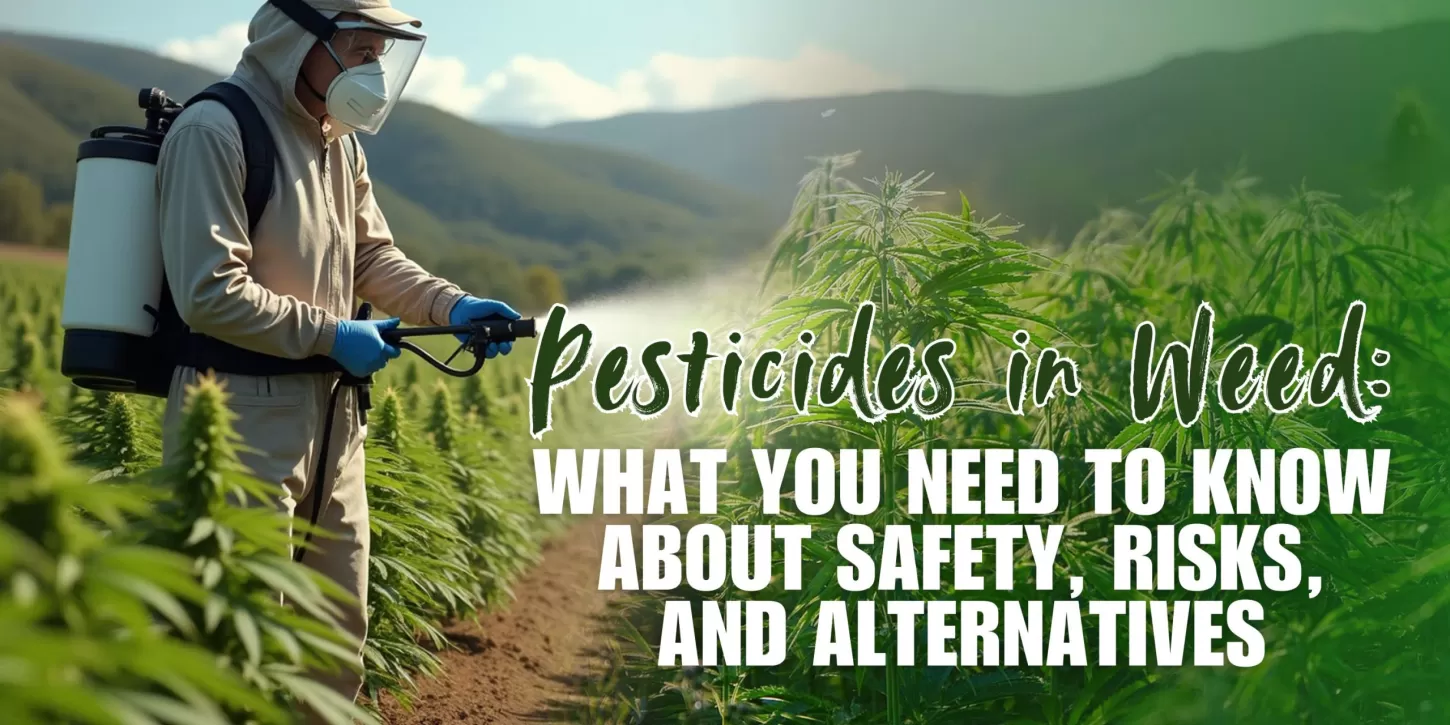
With the rising popularity of cannabis for both medicinal and recreational use, the presence of pesticides in weed has become a growing concern among consumers and industry professionals. As more people prioritize their health, questions arise about the safety of consuming cannabis treated with pesticides. How do these chemicals impact users? Can contaminated weed pose serious health risks? Are there safer alternatives for pest control in cannabis cultivation? In this article, we’ll explore these pressing questions and examine how pesticides shape the cannabis industry.

Cannabis, like any other agricultural crop, is vulnerable to pests including aphids, spider mites and fungi. Growers often use pesticides on weed plants to combat these threats. But unlike food crops, which are subject to rigorous pesticide regulations, the cultivation of cannabis remains largely unregulated by the federal government in some areas. That leaves a gap in the regulation of health concerns related to pesticides on weed.
Pesticides are a critical component of keeping marijuana plants safe from insects, molds and diseases that can wipe out a crop and diminish yields. Cannabis insecticides are useful to prevent infestations that could make the plant unmarketable. However, some growers apply unapproved or harmful chemicals to increase production and thus taint the end product.
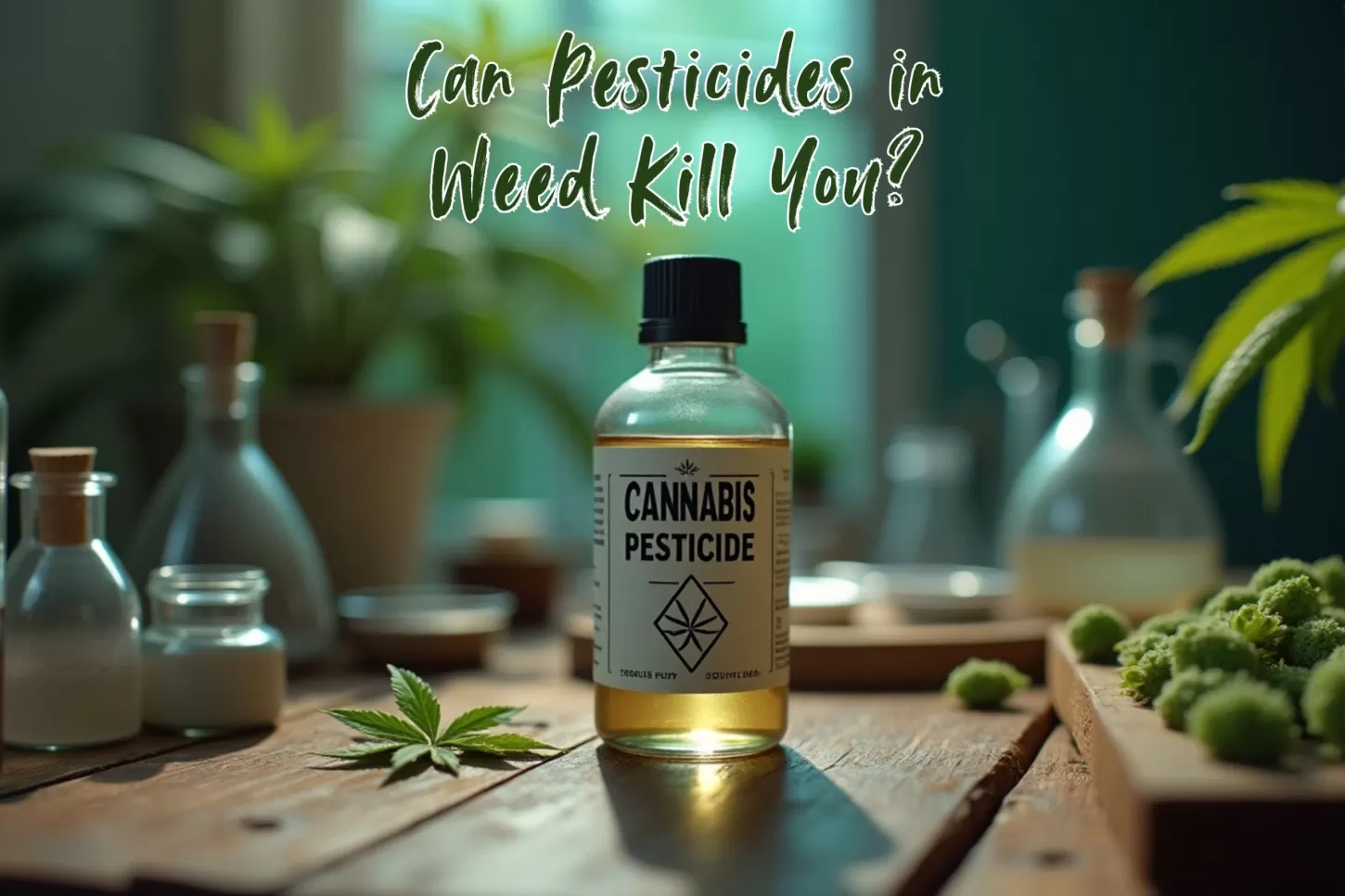
One of the biggest concerns about weed pesticides by consumers is whether these types of pesticides are life-threatening. Most pesticides in regulated cannabis markets are considered safe at low levels, and it can be dangerous to expose people to high concentrations or unapproved chemicals. Some pesticides use toxic compounds that could generate harmful byproducts when burned and inhaled. Chronic exposure to these substances has been associated with respiratory problems, neurological conditions, and compromised immune function.
Yes, cannabis can have pesticide residues, particularly when it is cultivated in traditional agriculture. The extent of contamination depends on the particular pesticide, how frequently it’s applied and whether the grower adheres to safety protocols. In regulated markets, cannabis is tested and held to safety standards; however, illicit products may contain hazardous levels of pesticides.
Some of the most frequently used pesticides for weed plants include:
Neem oil is often used in organic farming as a natural insecticide — but is neem oil safe to smoke? Neem oil is not immediately toxic for topical or food use, but inhalation of combustion residue can irritate the lungs. No studies have been done on what happens when neem is burned and inhaled, so consumers should be cautious about smoking neem-treated cannabis if they choose to.
Many growers are looking for safer solutions to protect their plants given the increasing concerns over pesticides on weed. Among the most potent natural remedies are:
Lady bugs and predatory mites are examples of beneficial insects used to combat cannabis pests without toxic chemicals.
Some plants — like basil or marigolds — naturally deter pests when planted next to cannabis.
Natural solutions, such as diatomaceous earth and essential oil sprays, provide non-toxic alternatives to synthetic pesticides.
Adequate ventilation keeps mold and mildew at bay and minimizes the need for chemical fungicides.
If you want to avoid pesticides in cannabis, consider these steps:
Weed pesticides are a growing concern among health-focused cannabis consumers. Although pesticides designed for weed plants can protect crops, certain chemicals can be harmful if inhaled. Knowing which pesticides are frequently used, their risks, and safer options can help consumers make informed decisions. Choosing organic cannabis insecticide techniques and buying from reliable suppliers will protect your body. The evolving nature of cannabis use means that more stringent shops and more educated consumers will help create better standards for more responsible growing methods.
1. Can pesticides in weeds kill you?
While low levels of regulated pesticides are generally not lethal, exposure to high concentrations or toxic chemicals can cause severe health issues, including respiratory problems and long-term organ damage.
2. Does weed have pesticides?
Yes, cannabis can contain pesticide residues, especially when not grown organically. Regulated markets enforce testing to minimize contamination.
3. Is neem oil safe to smoke?
Neem oil is safe for agricultural use but may not be safe when combusted and inhaled. More research is needed to determine its effects on respiratory health.
4. What are safer alternatives to synthetic weed pesticides?
Natural solutions like beneficial insects, companion planting, and organic insecticides help protect cannabis without harmful chemical residues.
5. How can I ensure my cannabis is free from harmful pesticides?
Always buy lab-tested products from licensed dispensaries or grow your own using organic methods to avoid contamination.
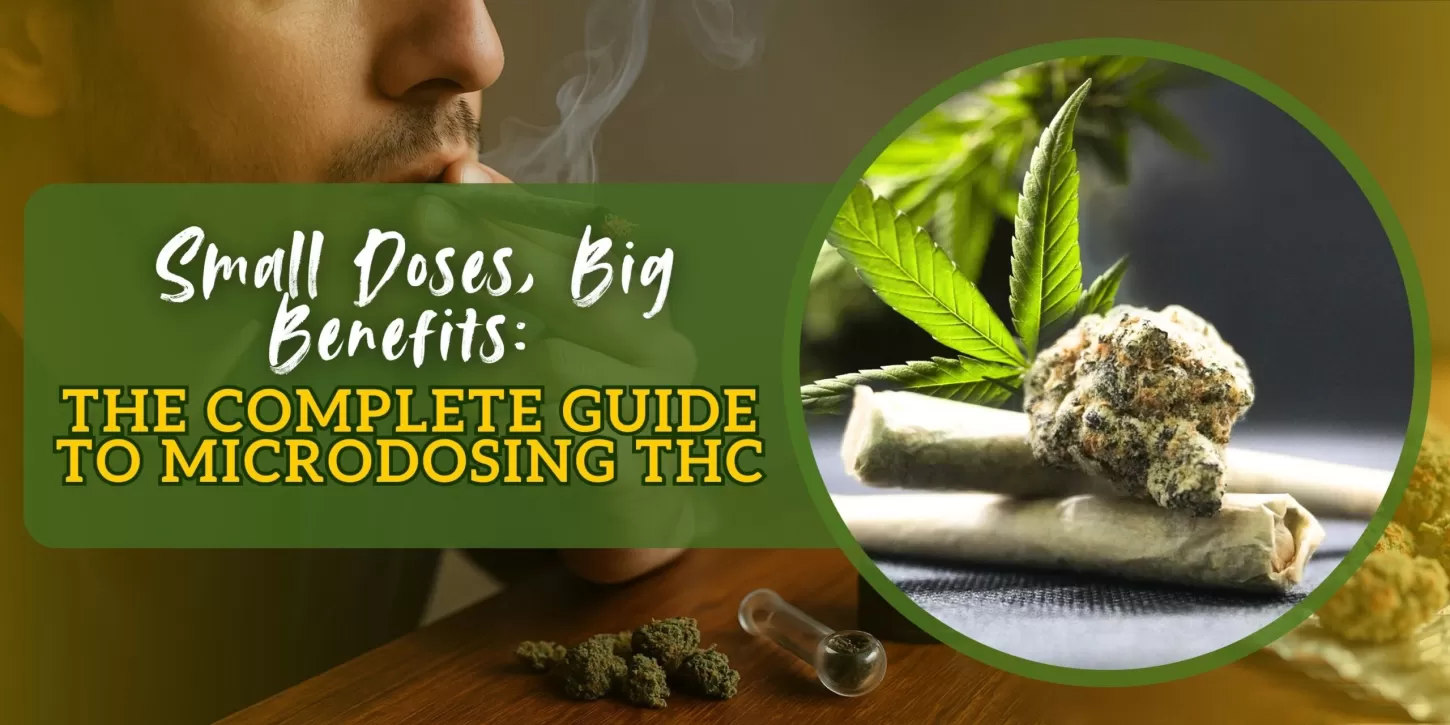
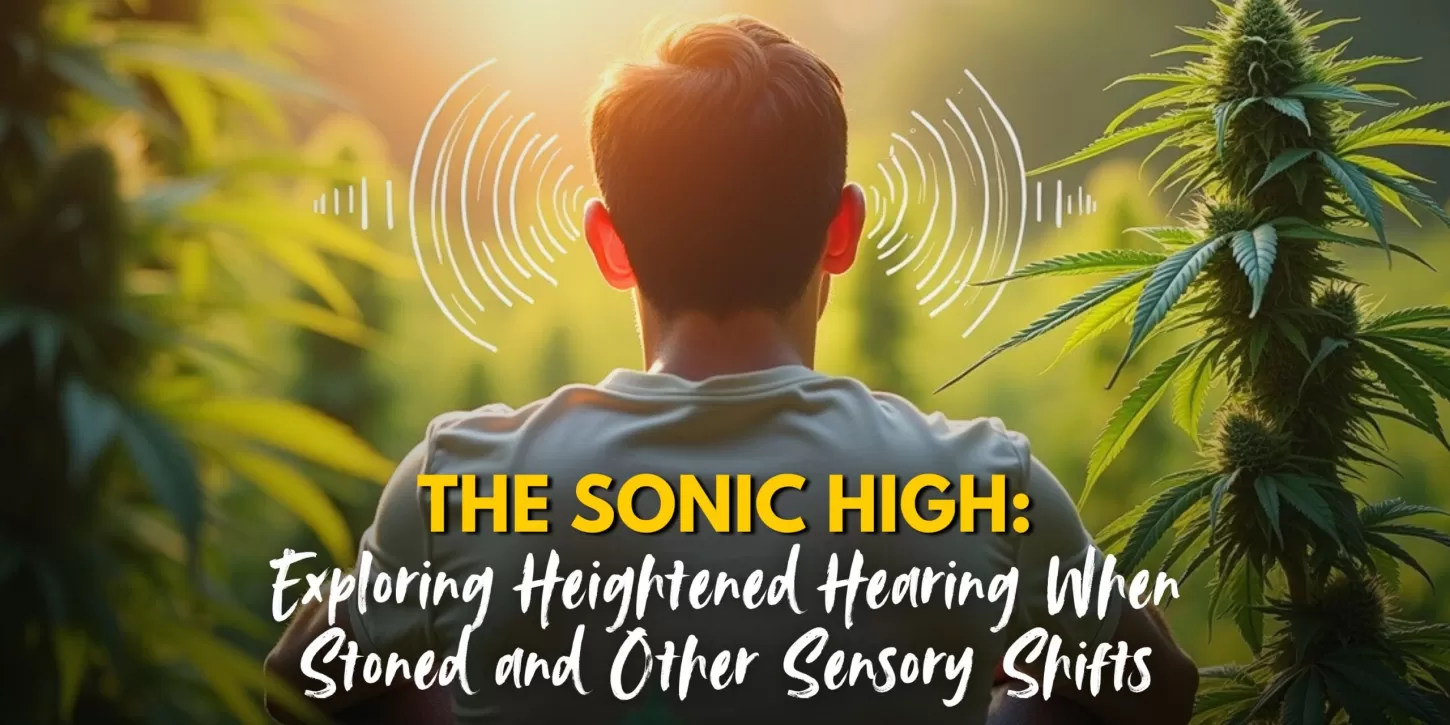
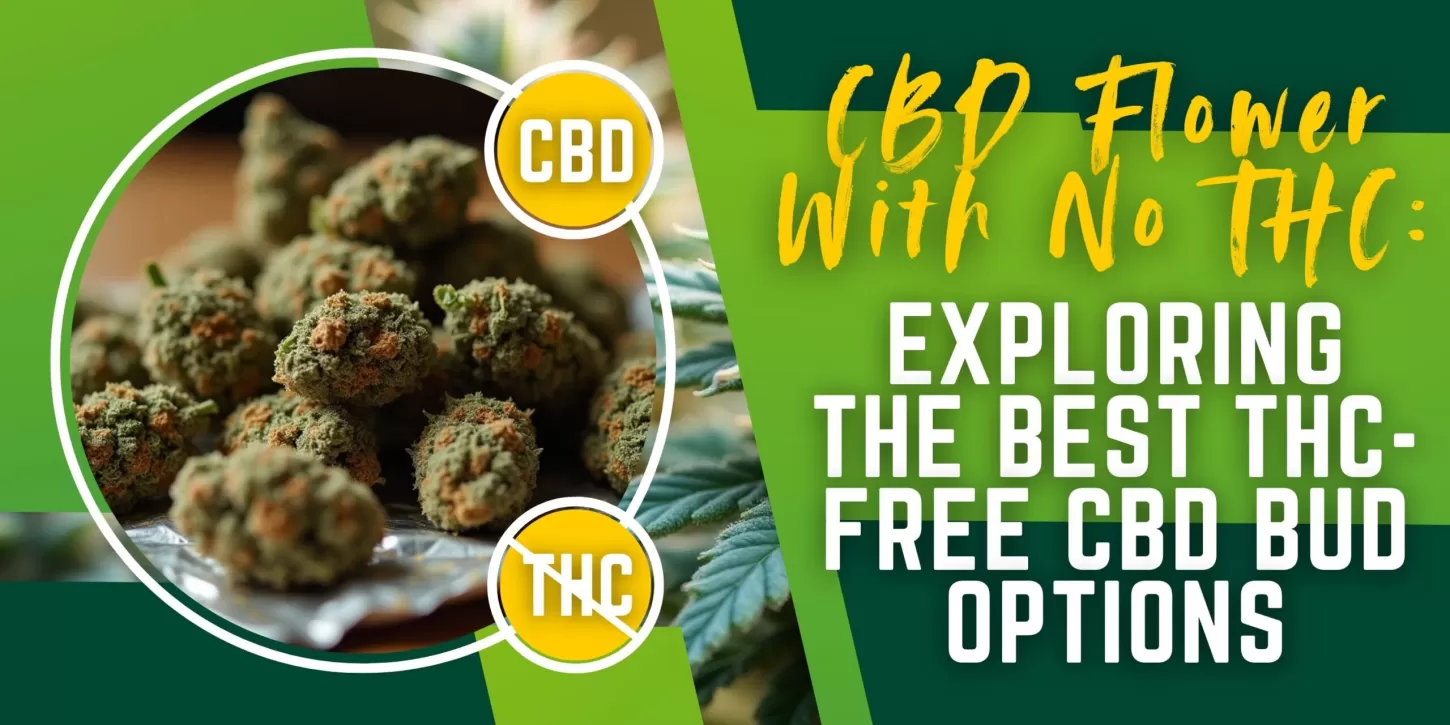
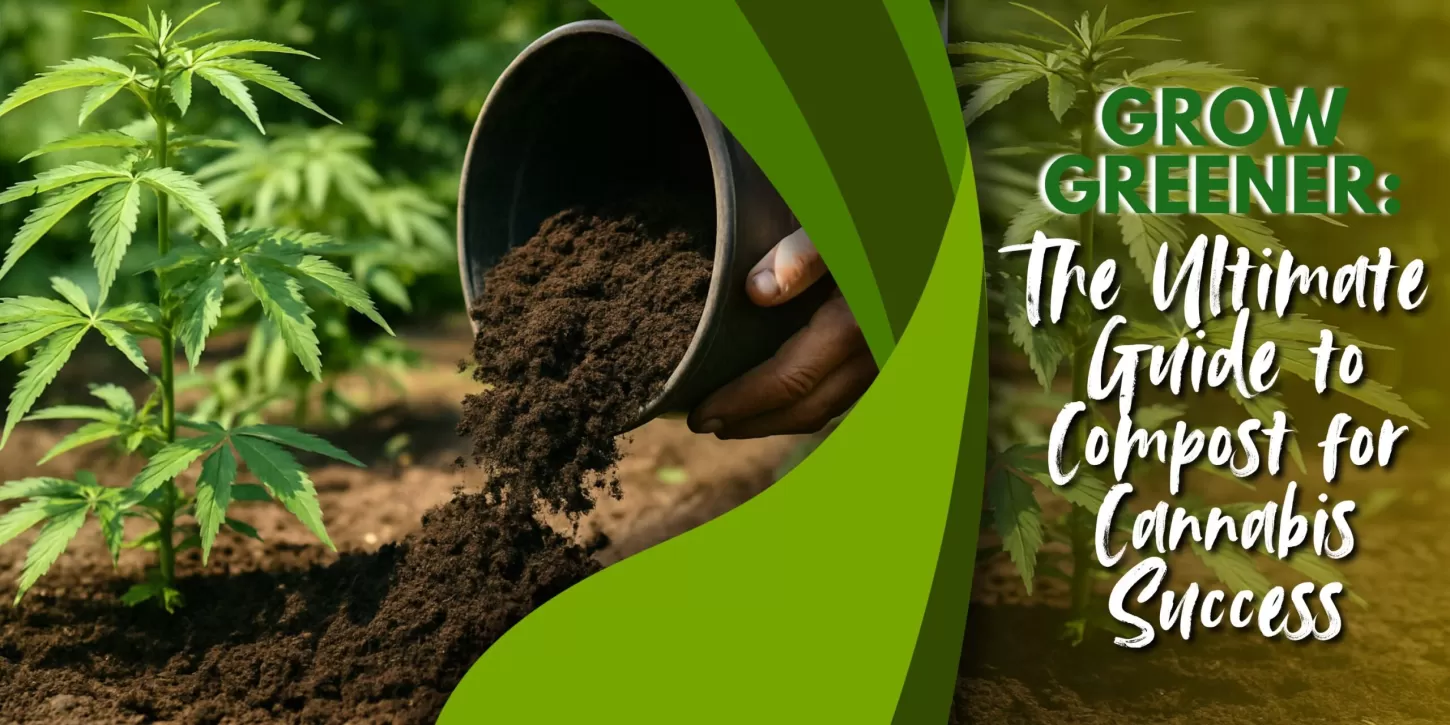
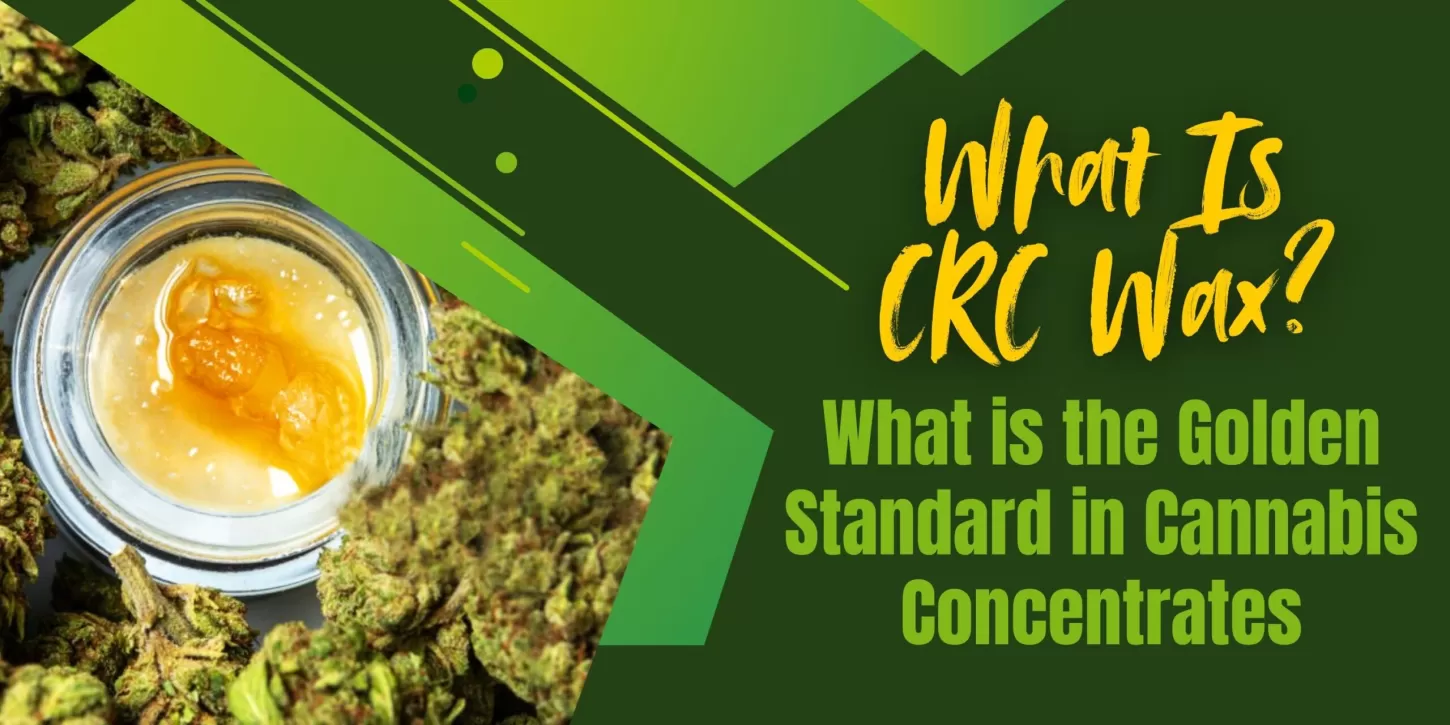
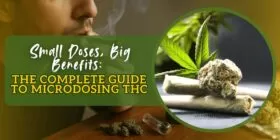



Explore a world of possibilities with VancouverSeedBank.ca. Your premier source for premium cannabis seeds, delivering quality, variety, and discreet shipping for a seamless growing experience.


Are You 18 Or Over?
By selecting “Continue”, you confirm that you are at least 18 years of age and legally permitted to access cannabis related content in your region.
By using Vancouverseedbank.ca, you agree to our terms of service.